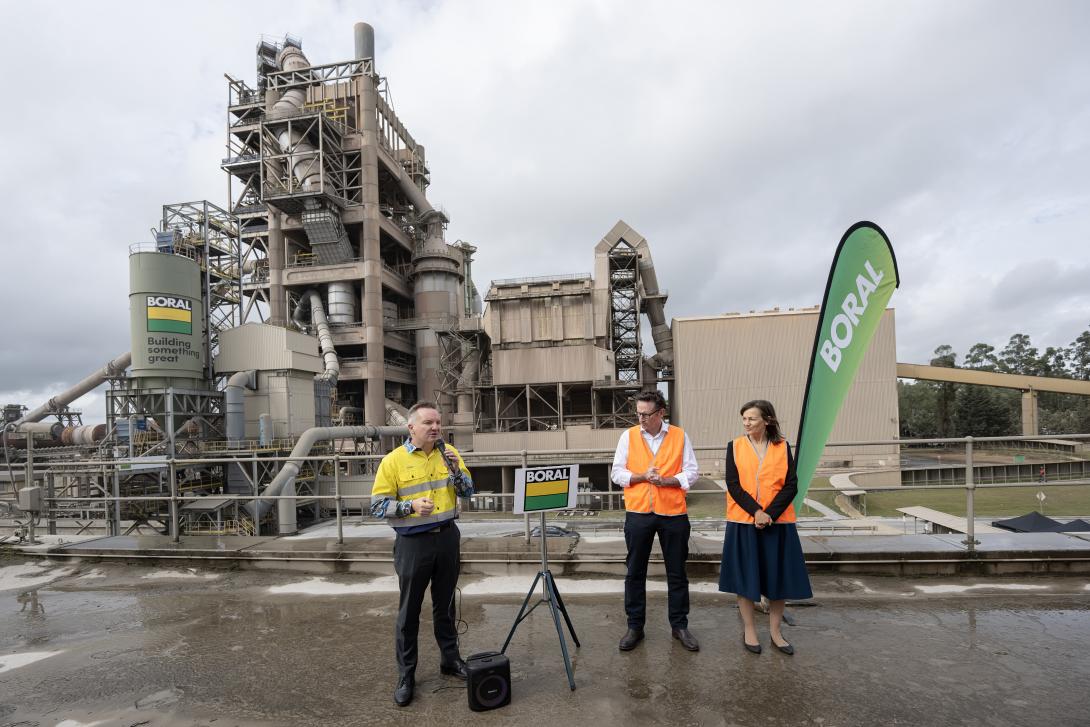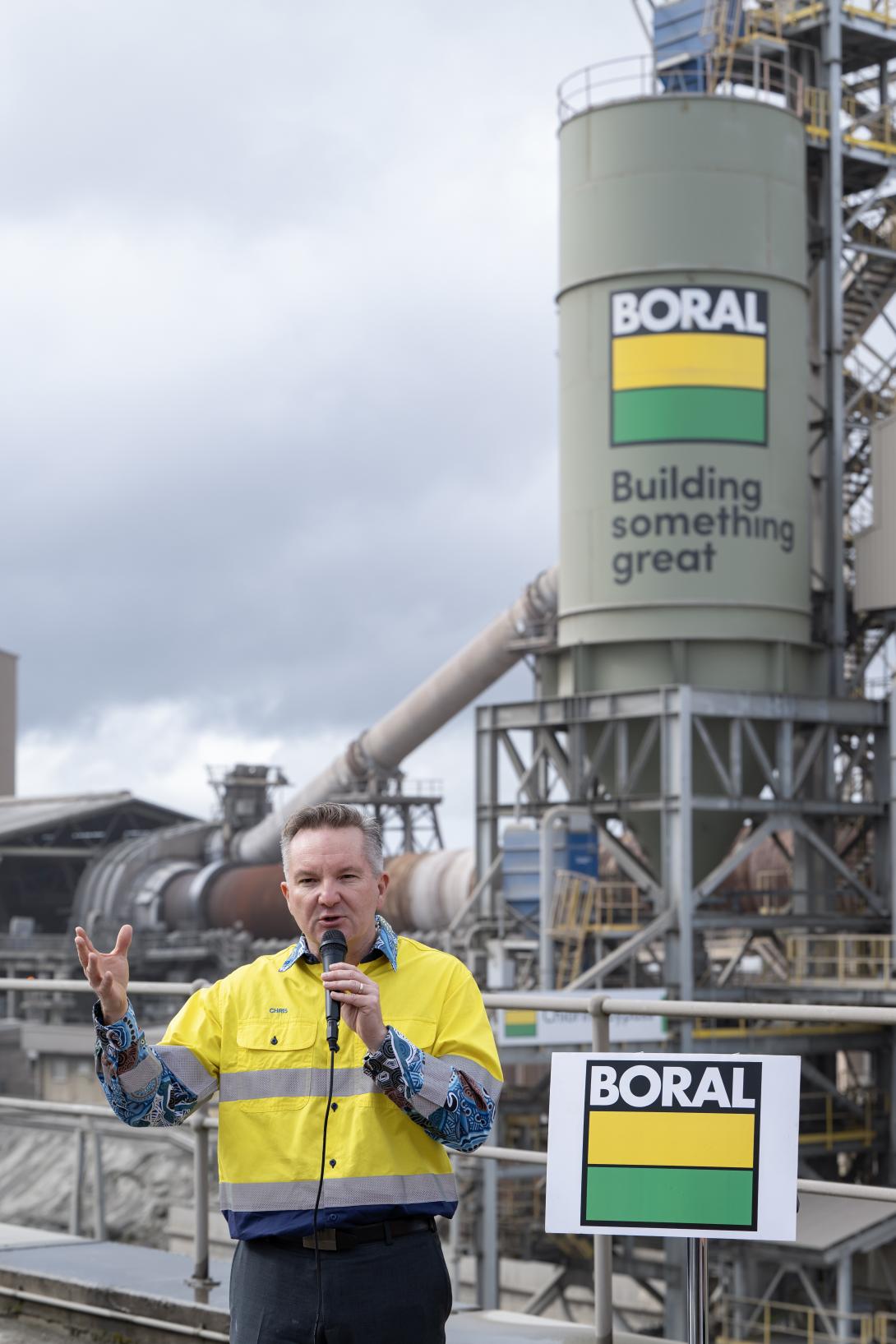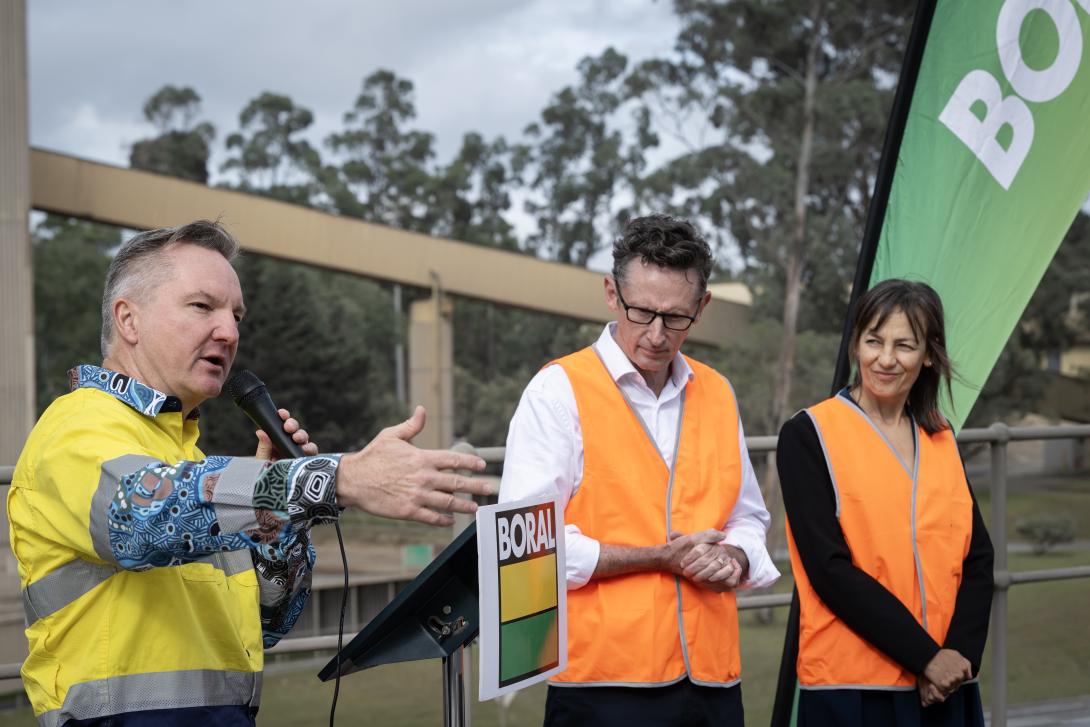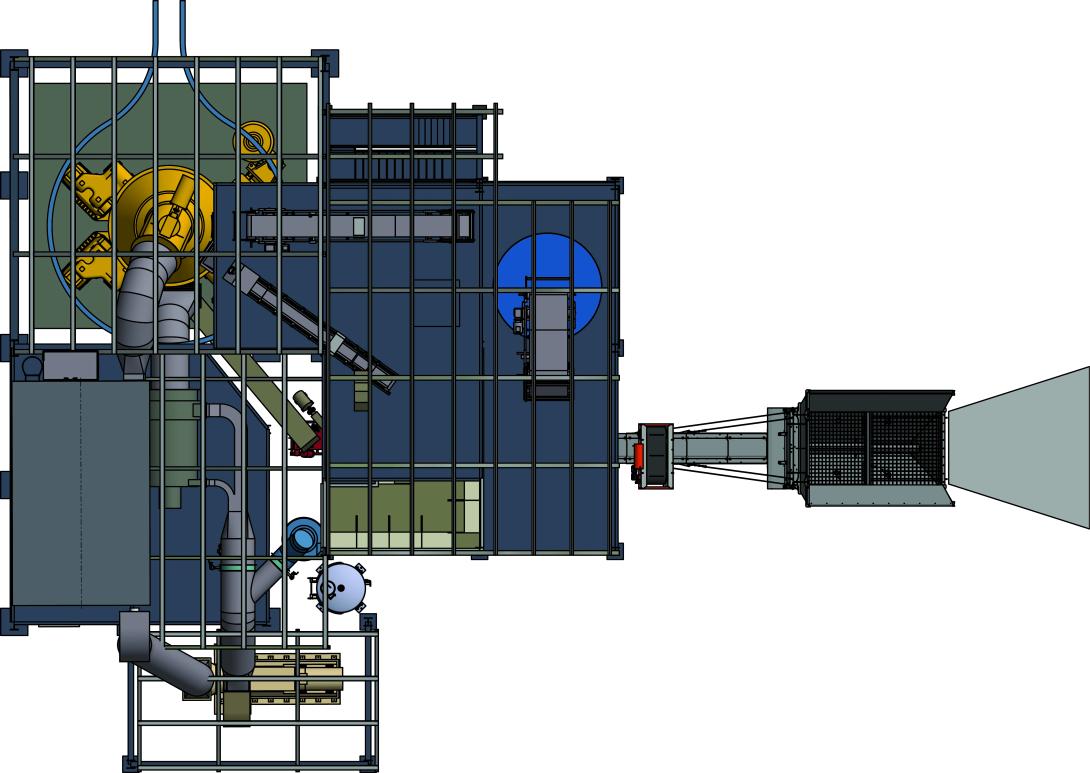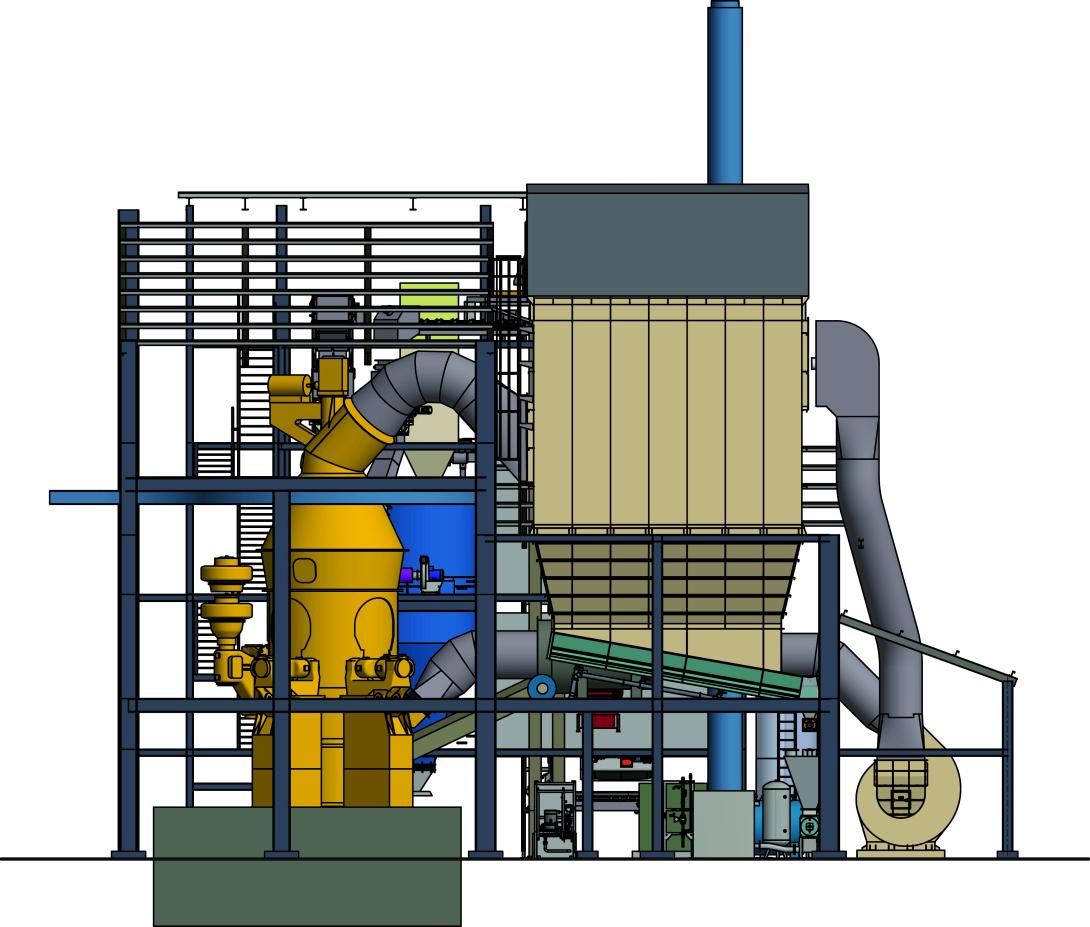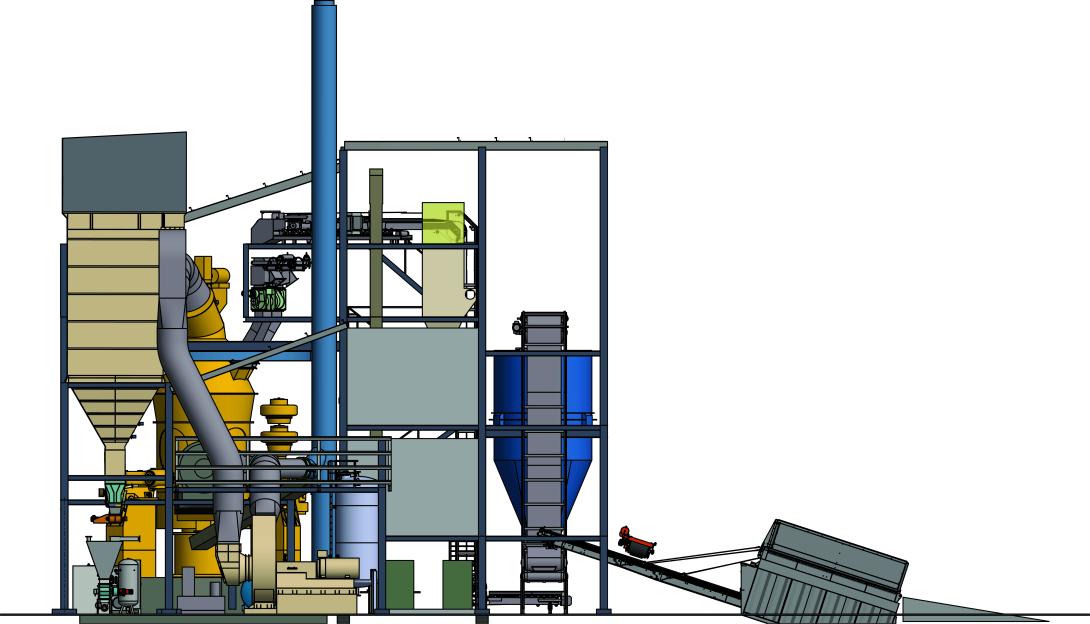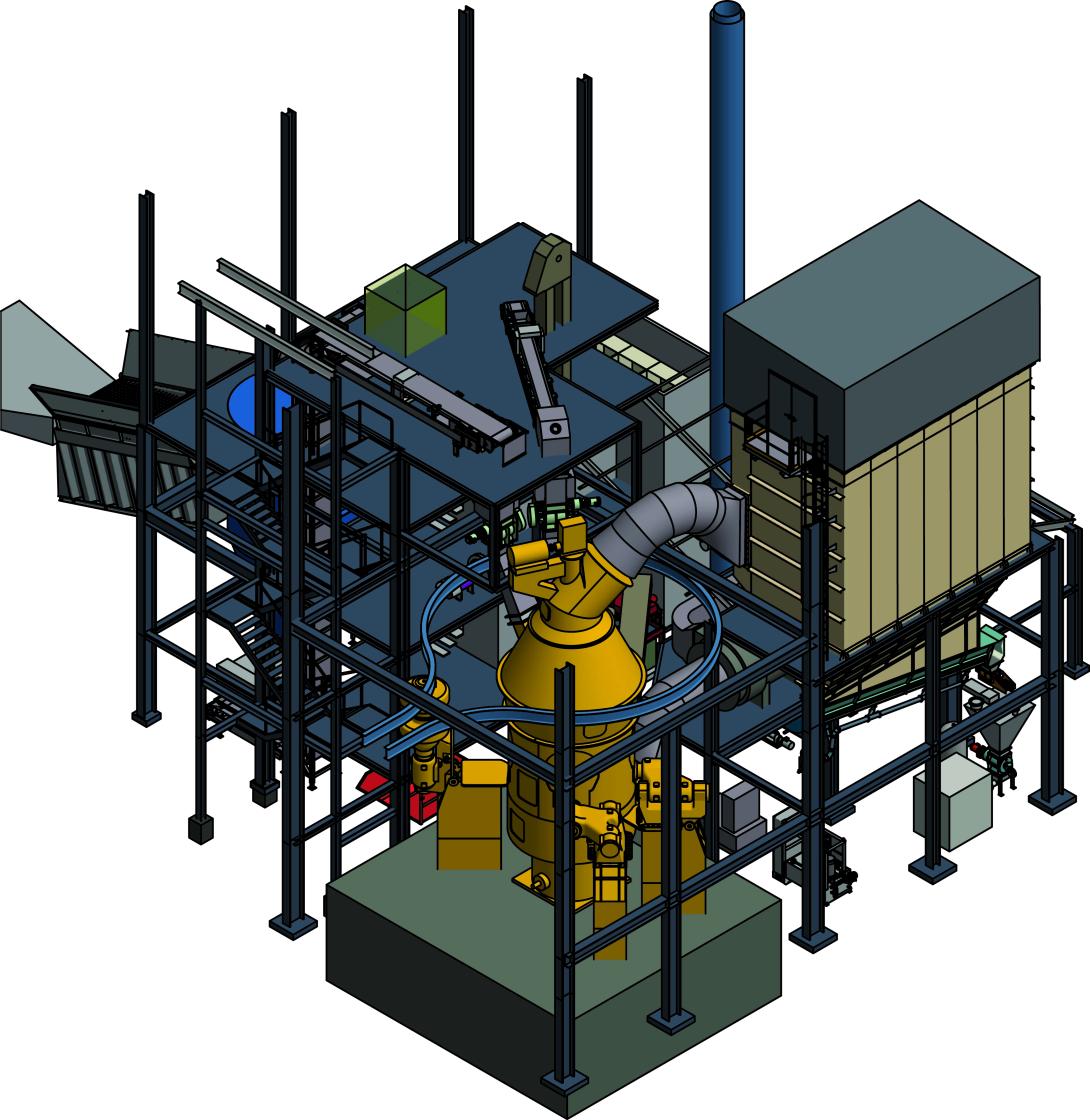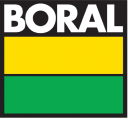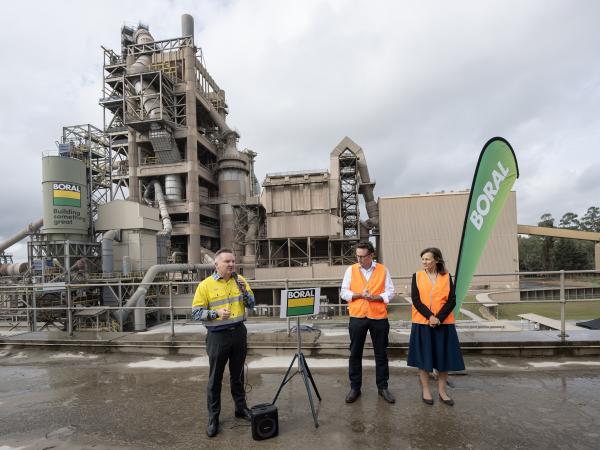Project will reduce CO2 process emissions from cement clinker manufacturing by up to 100,000 tonnes
For immediate release, Friday 28 March 2025, Sydney: Boral Limited (“Boral”) has successfully secured $24.5 million in Federal Government funding for a new cement kiln infrastructure project, which will enable the leading construction materials company to significantly reduce its CO2 emissions arising from cement manufacturing by up to 100,000 tonnes per annum, based on predicted production rates.
The kiln feed optimisation project at Berrima Cement Works plays a key role in Boral’s broader decarbonisation pathway by reducing process emissions – the largest and most-difficult-to-abate emissions source in cement manufacturing.
The funding announcement was made today by Minister for Climate Change and Energy the Hon Chris Bowen MP at Berrima Cement Works in NSW’s Southern Highlands – a strategically significant site for Boral and to Australia’s manufacturing capability, responsible for supplying up to 40 per cent of cement in NSW and the ACT. The grant is from the Federal Government’s Powering the Regions Fund, aimed at supporting projects that will enable the decarbonisation of existing industries and contribute to Australia’s emission reduction targets.
The funding will supplement Boral’s significant capital investment into a new specialised grinding circuit and supporting infrastructure at the Berrima Cement Works. Clinker, formed by heating limestone and other materials at extremely high temperatures in a kiln, is the key ingredient in cement and is highly energy-intensive to produce. It is globally recognised as a difficult to abate manufacturing process, while also being key to all modern construction methods.
The integration of the specialised grinding circuit will enable Boral to substantially increase the proportion of alternative raw materials (ARMs) in kiln feed to up to 23 per cent, up from its current 9 per cent capability, and subsequently lower the amount of limestone used. The key benefit of utilising ARMs over limestone, is that limestone when heated during the clinker manufacturing process will natively release CO2 as the limestone is converted into clinker through calcination. Approximately 55 per cent of the CO2 emissions of the Australia cement and concrete sector originate from this calcination of limestone and are commonly referred to as ‘process emissions’.
As an additional benefit, ARMs also require lower heating temperatures compared with limestone, and therefore, lower energy intensity.
Boral plans to use ARMs derived from a range of by-products from the steel manufacturing process and industrial waste rejections, including granulated blast furnace slag, steel slag, cement fibre board, fly ash, and fine aggregates from recycled concrete.
The funding will enable the company to progress to the next phase of detailed process designs for front-end engineering, followed by procurement, construction, installation, and commissioning. It is expected to be fully operational in 2028.
Boral CEO Vik Bansal, says: “We believe that today’s grant signifies a vote of confidence from the Federal Government on Boral’s decarbonisation and innovation efforts, amidst our immense progress in an industry that is highly carbon intensive and operates in a hard-to-abate sector. At Boral we have clearly set out the range of measures we intend to implement to meet the challenge set for us on reducing carbon emissions. This is just one investment we have made at Berrima, building on our
previous innovations around use of alternative fuels.
“As a result, Boral is on track to remain below the baseline safeguard mechanism requirements. We are also very pleased to be investing in a crucial and historic part of Australia’s manufacturing and construction sector. The Berrima Cement Works have always supplied a large percentage of the cement used in New South Wales, dating all the way back to 1929. As the Works approach their 100th anniversary of playing a critical role in the building of infrastructure and residences across New South Wales, we are making the investments that will keep this contribution going for a great many years ahead.
“We would like to thank the Federal Government for their assistance in making this future investment in decarbonising such an important existing domestic manufacturing capacity.”
Dr Ali Nezhad, Head of Innovation and Sustainability at Boral, says: “Boral, along with the entire Cement and Concrete industry in Australia, has been seeking pathways to lower its CO2 emissions and contribute to Australia’s ambition to reach Net-Zero by 2050. This Project plays a key role in Boral’s broader decarbonisation pathway, by reducing process emissions which are the largest and most difficult to abate emissions source in cement manufacturing. By increasing the proportion of ARMs in the kiln feed, less limestone and shale is added to the kiln, lowering process emissions and lowering the carbon intensity of the resulting clinker.
“In terms of the resulting emissions intensity of the manufactured clinker, the Project will result in up to 11% reduction in clinker emission intensity, 9% attributable to a reduction in calcination emissions and 2% attributable to thermal efficiency gains.”
Last year, Boral upgraded its carbon-reduction technology at Berrima Cement Works. A key part of the upgrade, the Chlorine Bypass (which reduces the build-up of chlorides and other alternative fuel by-product), is a key enabler to increase alternative fuel usage to reach 60 per cent over the next three years at the site.
Boral’s new kiln feed optimisation project is in addition to a concurrent project focusing on alternative fuels to reduce fuel-based emissions. Together, the projects will result in significant and meaningful reductions to both process and fuel-based emissions at Berrima Cement Works.
- ENDS –
For media enquiries, please contact:
Macrina Lim, FTI Consulting
0430 547 751
macrina.lim@fticonsulting.com
Shane Murphy, FTI Consulting
0420 945 291
shane.murphy@fticonsulting.com
Notes to editor:
Conceptual process layout renders of the cement kiln infrastructure project can be downloaded here.
About Boral
Boral is the largest vertically-integrated construction materials company in Australia.
Our network includes prized quarry and cement infrastructure, bitumen, construction materials recycling, asphalt and concrete batching operations.
We employ about 7,500 employees and contractors across our operations that span more than 360 sites nation-wide.
For more than 75 years we’ve been building something great in Australia - rarely a day goes by that you wouldn’t pass one of our sites or trucks, enter a building, use a road, bridge, tunnel, footpath or other critical infrastructure that our people and products have helped enable.
About the Berrima Cement Works
The Boral Berrima Cement Works, located in the Southern Highlands region of NSW, produces more than 40 per cent of cement products in NSW and the ACT.
Operating with one kiln, the Works takes limestone delivered by rail from the Boral Marulan South Limestone Mine, and after blending it with other materials, burns it at high temperature to produce clinker.
Clinker, in the form of pellets, is ground to produce the cement powder and products with which consumers are familiar.
The site employs around 115 people in operational and administrative roles, contributing to the 350 people employed by Boral at its integrated operations in the NSW Southern Highlands.
